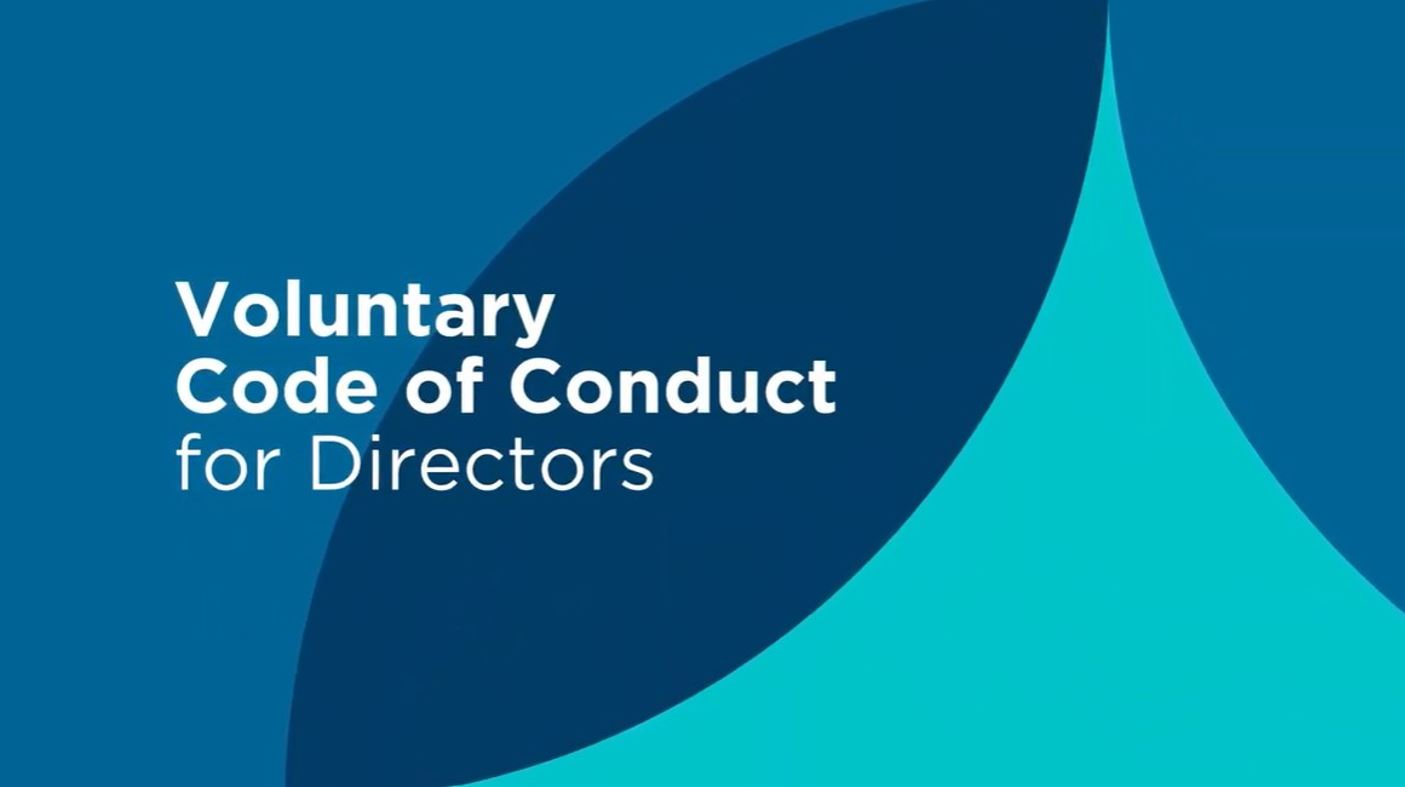1. Introducing the IoD Code of Conduct
On 6 June 2024, the Institute of Directors UK (“IoD”), a leading UK organization advocating for effective leadership and good governance, introduced a voluntary Code of Conduct for Directors designed to set high standards for directors’ behaviour and decision-making (the “Code”). Though voluntary and lacking formal enforcement, the Code aims to elevate director conduct beyond basic legal obligations. The IoD encourages companies to publicly commit to these standards by, for example, including adherence statements in annual accounts or on their websites.
While the Code originates in the UK, its principles are universally relevant, offering a valuable framework for directors worldwide, including those in the Netherlands. This article will take a closer look at the Code and its potential to enhance directorship practices internationally.
2. The Six Principles of the IOD Code of Conduct
The Code centres around six key principles of director conduct. Each principle is in turn underpinned by specific undertakings. By applying the principles and fulfilling the undertakings, directors are well placed to achieve the positive outcomes respect, reputation, confidence, trust, relationships, legitimacy, and resilience.
The six principles are represent actionable commitments that help guide directors in making balanced, ethical, and responsible decisions. Let’s look at the six principles:
- Leading by Example: Directors set the tone for the entire organization. This principle emphasizes that their behaviour should inspire others within the company, from employees to stakeholders. For example, a director who actively supports sustainable initiatives – such as reducing the board’s own carbon footprint – sends a powerful message to an organization moving toward sustainability.
- Integrity: Acting with integrity goes beyond following the rules. It’s about fostering a culture of trust and credibility. Directors are encouraged to be forthright and principled, especially when making difficult decisions. Integrity underpins long-term value, enhancing a company’s reputation and building stronger relationships with stakeholders.
- Transparency: Transparency is essential in modern business, particularly with increasing demands for accountability in financial, social, and environmental matters. Directors can enhance transparency by providing clear disclosures, hosting shareholder Q&A sessions, or using technology to offer real-time updates on company performance.
- Accountability: Accountability is a core tenet of responsible governance, requiring directors to take ownership of their actions and decisions. This principle emphasizes that directors should be answerable not only to shareholders but to all stakeholders, including employees, customers, and the broader community. An accountable director sets measurable goals, reports transparently on progress, and addresses mistakes openly.
- Fairness: Fairness complements integrity and accountability by ensuring directors consider all stakeholders’ interests and treat them equitably. This principle is critical for just and balanced decision-making, preventing favouritism or unjust treatment of any party. In practice, fairness could involve transparent hiring practices, equitable resource distribution, or fair compensation policies.
- Responsible Business: Directors are increasingly expected to lead companies that contribute positively to society and the environment. This principle involves making business decisions that are sustainable and ethically sound, addressing not only financial performance but also environmental, social, and governance (ESG) considerations. Responsible directors weigh the long-term impacts of their decisions on all stakeholders, ensuring the business contributes positively to society.
3. Embracing the Voluntary Code
The voluntary nature of the Code allows companies and directors to adopt these standards at their own pace and to the extent that suits their needs. In an increasingly values-driven market, adopting the Code could signal to stakeholders that a company is serious about maintaining high ethical standards. Businesses willing to go beyond the baseline in director conduct demonstrate a proactive stance on governance, helping them stand out in competitive markets. Such proactive adoption can be a powerful differentiator, particularly for companies seeking to attract investors or clients who prioritize ethical behaviour.
“The Code sets a bar for director conduct beyond the legal baseline as a means of enhancing the legitimacy and reputation of directorship in the eyes of society and stakeholders.”
By committing to the Code, directors of all backgrounds, from seasoned executives to newly appointed founders, can set a positive tone at the top. Over time, as more companies choose to integrate these principles into their governance frameworks, the voluntary Code may gain traction, becoming a widely accepted benchmark for responsible corporate behaviour.
4. The Code as a Practical Tool
The Code is applicable to directors of organisations of all sizes in the private, public and non-profit sectors, and serves as a practical guide for directors at all stages of their careers. For seasoned directors, it provides a framework to assess and refine their governance approach. For those newly appointed, especially founders or first-time directors, it offers essential insights into the responsibilities and ethical obligations of board leadership.
The Code can be a valuable addition to onboarding materials for new board members, guiding them through best practices and setting clear expectations from the start. Companies can also use the Code as a foundation for ongoing board training, ensuring that directors remain aligned with high standards of corporate governance.
In summary, the Code is more than a set of guidelines – it’s a tool that empowers directors to lead responsibly, foster trust, and ultimately, enhance corporate value in today’s business environment.
5. Cross-Border Relevance of the IoD Code of Conduct
While the Code originates in the UK, the principles it embodies resonate across borders, including here in the Netherlands. Dutch corporate governance has long emphasized integrity, transparency, and accountability – values shared with the Code. With the Netherlands serving as a hub for multinational companies and foreign investment, Dutch directors often work in international contexts where aligning with global governance standards enhances both compliance and credibility.
Incorporating the Code’s behavioural principles can help Dutch directors, as well as other international leaders, navigate today’s globalized business environment. This alignment is increasingly valuable, particularly for Dutch companies with UK ties, such as subsidiaries, joint ventures, or cross-listed entities. By adopting standards like the Code, directors in the Netherlands strengthen their leadership framework and meet rising expectations for corporate conduct, enhancing their organizations’ appeal to international investors, partners, and stakeholders alike.
6. Conclusion
In an era of heightened scrutiny and values-driven leadership, the Code provides a timely framework for ethical governance that transcends national boundaries. By committing to this Code, directors can not only reinforce their commitment to integrity and accountability but also differentiate their organizations in competitive global markets.
The Code offers a practical tool for directors to build trust, demonstrate responsibility, and secure their company’s reputation in an evolving business landscape. For Dutch directors and those worldwide, this framework promotes a forward-thinking approach to leadership that meets the expectations of modern society and drives long-term success.
Thoughts, comments or questions? Let me know!
Gundo Haacke, Interim Legal Counsel & Owner of Haacke Commercial Legal Services.
Blog article first published on 6 November 2024.
Image credit: UK Institute of Directors (IoD).
Disclaimer
The information provided in this blog article is for general informational purposes only. Nothing contained in this blog article constitutes legal advice, nor is it intended to be a substitute for legal counsel on any subject matter. The author disclaims any liability in connection with the use of this information.




